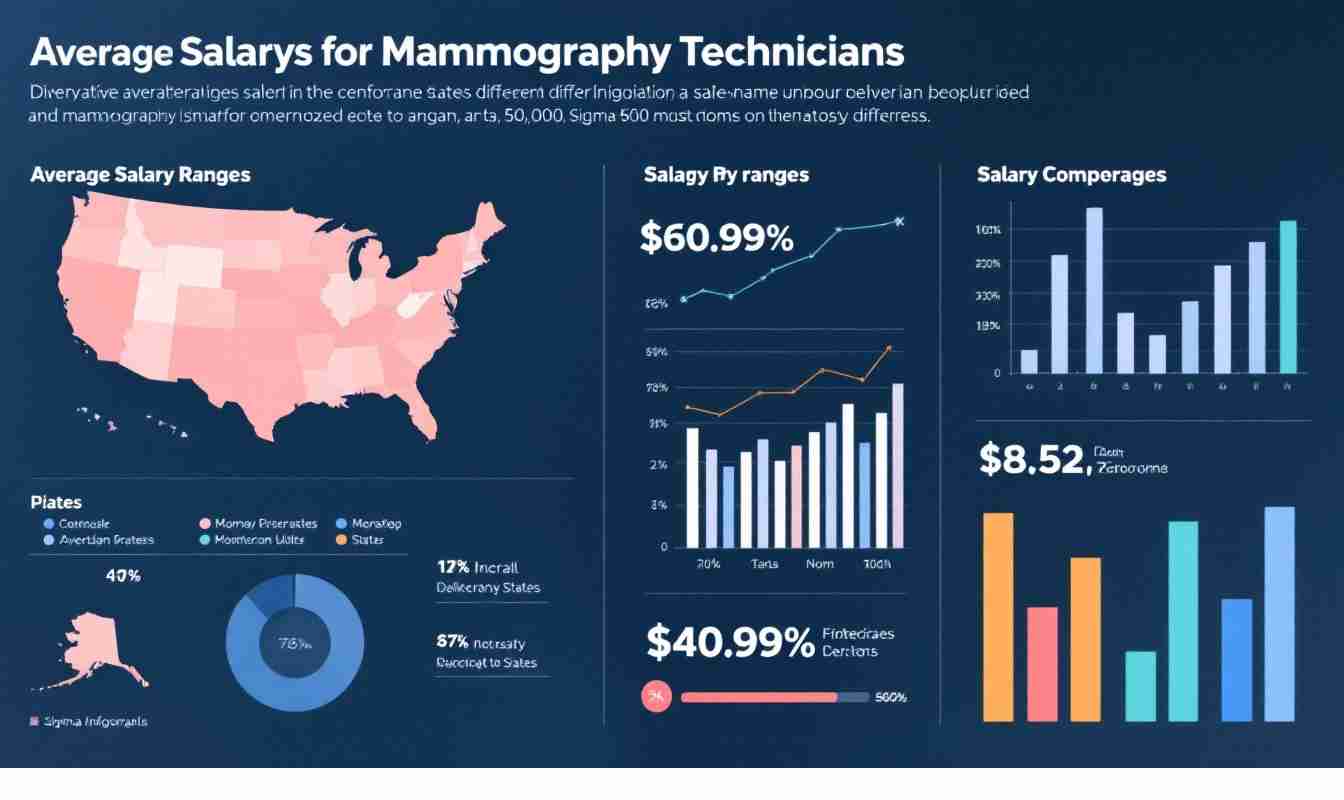In recent years, the convergence of quantum computing and artificial intelligence (AI) has captured the imagination of tech enthusiasts and industry leaders alike. As we delve into the intricacies of quantum AI, it becomes clear that innovators like Elon Musk play a vital role in shaping its trajectory. This article explores the fundamental aspects of quantum computing and its profound implications for future technologies and society.
Understanding Quantum Computing: The Next Frontier in AI
Quantum computing represents a seismic shift from classical computing paradigms. Utilizing principles of quantum mechanics, quantum computers can process vast amounts of data simultaneously. This potential for exponential speed and efficiency opens up avenues previously thought impossible, especially in data-intensive fields such as AI.
At its core, quantum computing relies on qubits, which can exist in multiple states at once, unlike classical bits that are strictly binary. This unique property allows quantum computers to solve complex problems through quantum superposition and entanglement, drastically reducing the time required for calculations.
Elon Musk’s Vision: Merging Quantum Tech with Artificial Intelligence
Elon Musk is known for his forward-thinking ideas, from electric vehicles to space exploration. His anticipation of quantum technologies reflects his vision of a future where AI plays an integral role. Musk’s involvement with companies like Neuralink and OpenAI showcases his commitment to merging sophisticated technology with practical applications.
Through organizations such as OpenAI, Musk advocates for the responsible development and deployment of AI. He believes that integrating quantum computing with AI could lead to breakthroughs that mitigate risks while maximizing the benefits of intelligent systems. Musk’s perspective encourages a dialogue about not just the capabilities of quantum AI, but also its ethical deployment.
The Role of Quantum AI in Revolutionizing Industries
The potential applications of quantum AI span numerous industries, offering innovative solutions to long-standing challenges. For instance, in healthcare, quantum AI can accelerate drug discovery by analyzing molecular structures at unprecedented speeds.
- Finance: Quantum algorithms can optimize trading strategies and risk assessment, leading to improved financial forecasting.
- Manufacturing: Quantum AI can streamline supply chains, reduce waste, and enhance product design through simulation and modeling.
- Logistics: By processing real-time data, quantum AI can enhance routing efficiency and resource allocation.
These applications highlight how quantum AI has the potential to enhance productivity, reduce costs, and innovate processes across various sectors, fundamentally altering the business landscape.
Ethical Implications of Quantum AI: What We Need to Consider
As we navigate the integration of quantum AI into society, ethical considerations must take center stage. The powerful capabilities inherent in quantum computing raise important questions regarding privacy, security, and the potential for misuse.
One significant concern is the risk of quantum AI systems being employed for malicious purposes, such as developing advanced cyber-attacks or surveillance technologies. Consequently, establishing robust ethical guidelines and regulatory frameworks is crucial.
Moreover, the potential for job displacement due to automation driven by AI poses a moral dilemma that society must address. Engaging in conversations about responsible innovation ensures that the benefits of quantum AI can be enjoyed by all, rather than exacerbating social inequalities.
The Potential Impact of Quantum AI on Everyday Life
The integration of quantum AI into consumer products and services promises to revolutionize everyday life. As these technologies mature, they could lead to smarter personal assistants, more efficient healthcare services, and enhanced energy management systems.
For instance, imagine a personal AI assistant capable of analyzing your health data in real-time, providing tailored recommendations that improve your wellness. Furthermore, in the realm of smart cities, quantum AI could optimize traffic systems, reduce energy consumption, and enhance public safety.
These advancements could lead to a more connected, efficient, and sustainable lifestyle, demonstrating the transformative power of quantum AI in our daily routines.
Challenges and Limitations: Navigating the Quantum Landscape
Despite its immense potential, quantum AI faces several challenges and limitations. The current state of quantum hardware is still nascent, with issues pertaining to qubit coherence, error rates, and scalability.
Additionally, the gap in understanding and expertise poses a barrier to widespread adoption. As the quantum landscape evolves, fostering education and training in quantum computing and AI will be essential.
The investment required for research and development is substantial, necessitating collaboration between academia, industry, and governments to drive progress while managing risks.
Predictions for the Future: Where Quantum AI is Headed
Looking ahead, experts predict that quantum artificial intelligence AI will continue to evolve, gradually becoming more accessible. Innovations in quantum algorithms could lead to breakthroughs in problem-solving across various domains.
- Increased integration of quantum AI into cloud computing services.
- Development of quantum-enhanced machine learning frameworks.
- Progress toward practical applications in sectors such as agriculture and energy.
As these advancements unfold, it is crucial to remain mindful of the ethical and societal implications, ensuring that progress benefits humanity as a whole.
Preparing for Change: How to Adapt to Quantum Innovations in Tech
Adapting to the landscape of quantum innovations requires a proactive approach. Individuals and organizations should prioritize continuous learning, embracing educational opportunities that focus on quantum computing and AI.
Collaboration will play a vital role in navigating this transition. By forming partnerships between tech companies, educational institutions, and policymakers, we can ensure a collective effort toward responsible innovation.
Conclusion
The interplay between quantum computing and AI heralds a new era of technological possibilities. As we stand on the brink of this exciting frontier, equipped with the insights of visionary leaders like Elon Musk, the future of tech is replete with opportunities, challenges, and ethical considerations waiting to be explored.




